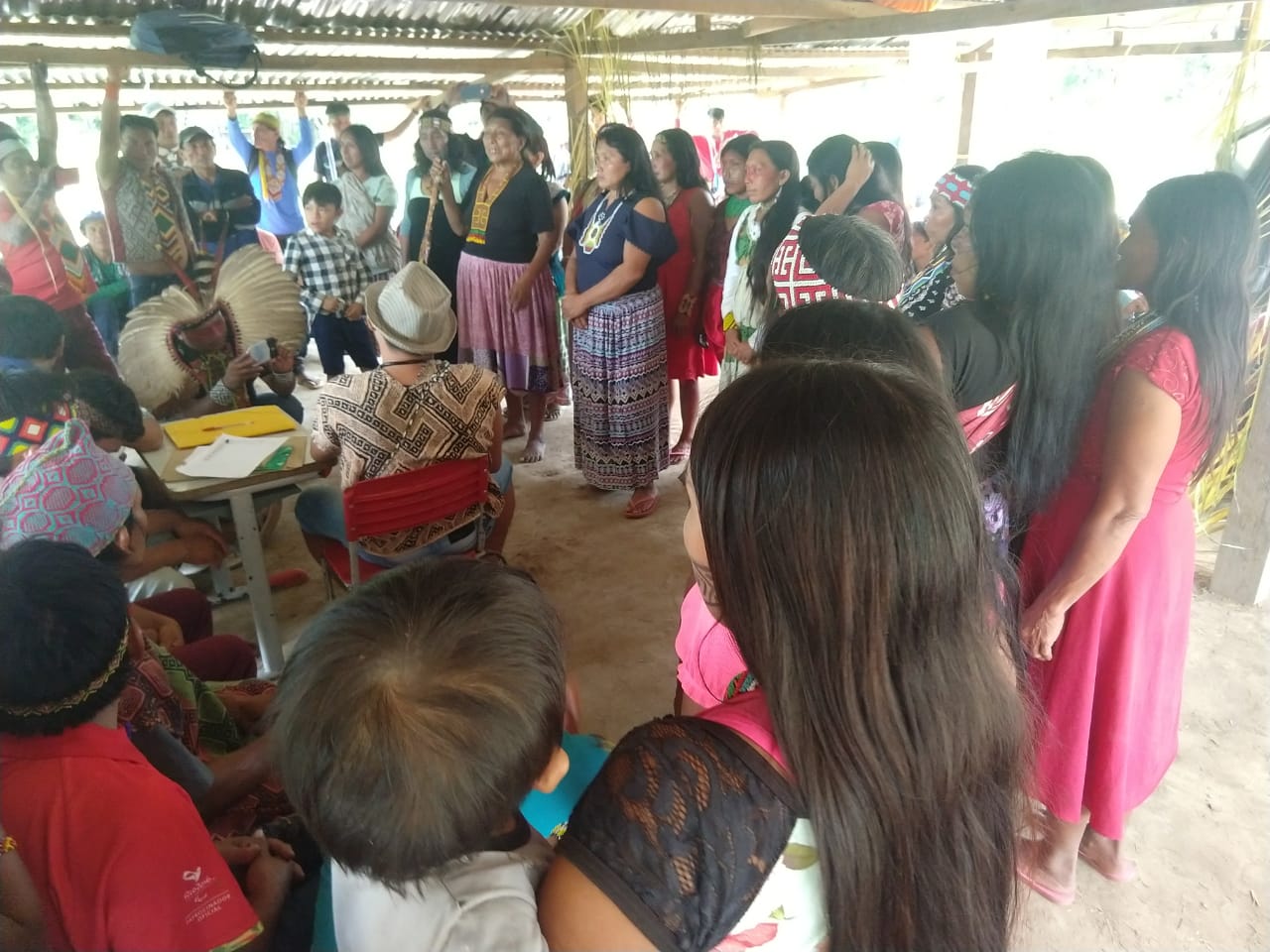How a set of 150 year-old rules designed to make meetings work better could help rural producers in the Amazon gain competitiveness in the global market.
In my previous column, I wrote about the importance of sectoral shared resources (ReCS, using its acronym in Portuguese). For the most part, ReCS are sector-specific knowledge that helps companies improve their operational efficiency, increase the quality of their products, and penetrate demanding and profitable markets. In the Amazon, the scarcity of ReCS linked to forest-friendly products helps explain why these companies struggle to take off.
The challenge, then, is how ReCS can be provided. Over the past 10 years, I studied several cases in which this has been done. Through these studies, I learned that producer groups can create ReCS when they recruit a broad base of participants and adopt a decision-making process that preserves their cohesion despite inevitable disagreements.
Since April 2022, I have been following a group of about 150 farmers from all over Brazil eager to create a national association and use it to provide ReCS. Thanks to this experience, I am gaining a new understanding of the issue.
All my studies, however, examine groups that are already formed, where each piece is in its proper place. Since April 2022, I have been following a group of about 150 farmers from all over Brazil eager to create a national association and use it to provide ReCS. Thanks to this experience, I am gaining a new understanding of the issue.
Perhaps the best analogy is a computer. When the equipment is turned off, it is composed of an inert mass of transistors. When turned on, these transistors host the operating system, multiple drivers that manage the peripherals, and various applications. The process that transforms the inert mass into a ready-to-use device is called booting. During booting, a small program written into the hardware instructs the computer to call a slightly larger program that is responsible for starting it up. In turn, this program calls the operating system, which calls the drivers, and so on, until all the pieces fall into place.
The producers I am observing are striving to boot their association, but they don’t have these initial little programs to help them get started, so they are having a hard time moving forward. Most of the discussions take place via WhatsApp. On this platform, participants can speak whenever they feel like it, participants do not separate substantive from procedural motions, some of these motions elicit discussion while others are ignored, and none of the motions ever get formally resolved. The only instrument to maintain order is expulsion. It may seem redundant, but the lack of an initial decision process to guide the discussions, the producers are unable to create a formal decision process embodied by the association.
Frustrated with the tumult and lack of effectiveness of these deliberations, he wrote a pocket manual that became known as “Robert’s Rules of Order.” Since then, Robert’s Rules have become standard procedure in assemblies held in the US independent of type, size, or subject.
About 150 years ago, an American named Henry Robert faced a similar problem after presiding assemblies at Baptist Churches near Boston and then in San Francisco. Frustrated with the tumult and lack of effectiveness of these deliberations, he wrote a pocket manual that became known as “Robert’s Rules of Order.” Since then, Robert’s Rules have become standard procedure in assemblies held in the US independent of type, size, or subject.
The main rules are simple and surprisingly boring: pending issues are discussed before new issues, participants can propose motions, a motion is only considered if endorsed by another participant, everyone present can argue for or against the motion, and the chairperson only allows a person to speak again after everyone concerned has spoken. At the end of this process, those present vote yes or no to adopt or reject the motion and thereafter move on to discuss the next matter.
I am familiar with these rules, as they are adopted at the faculty meetings at NYU where I teach, at the assemblies of the parent-teacher association at the public school where my children study, and at the board meetings of a small neighborhood NGO. Until recently, I found the procedures a bit unusual, perhaps unnecessary, after all, my meetings usually deal with routine and consensual topics.
Now I realize that the rules are invaluable because they allow groups to discuss contentious issues broadly and democratically, maintaining cohesion despite disagreements. I realized that Robert’s Rules of Order can be the “boot loader” or “startup program” that enables producers to create sectoral shared resources.
The opinion articles are the author’s own responsibility.



